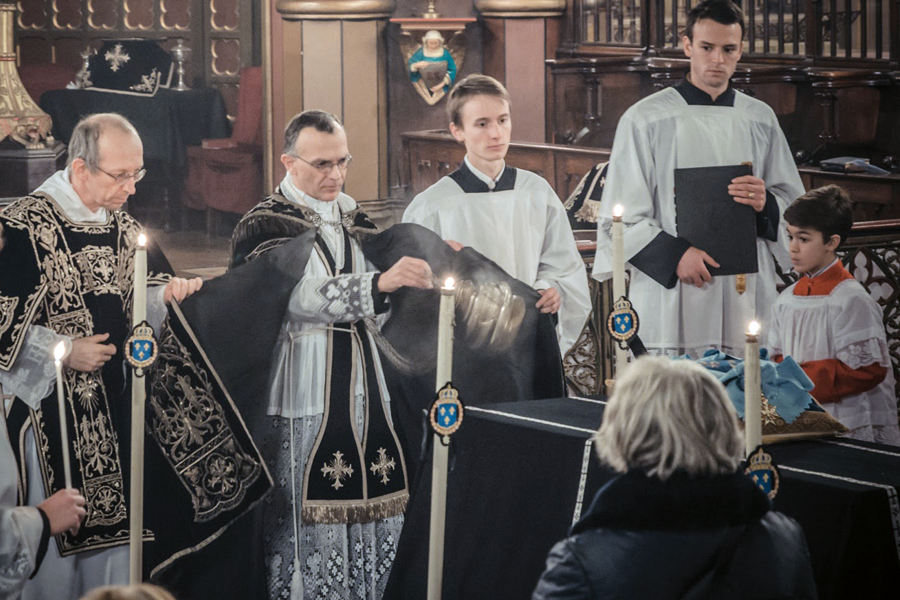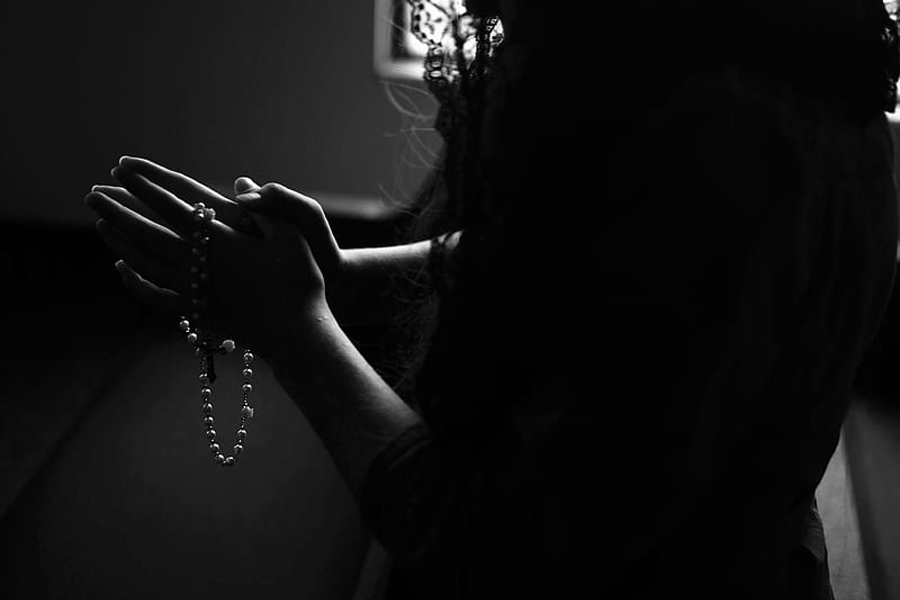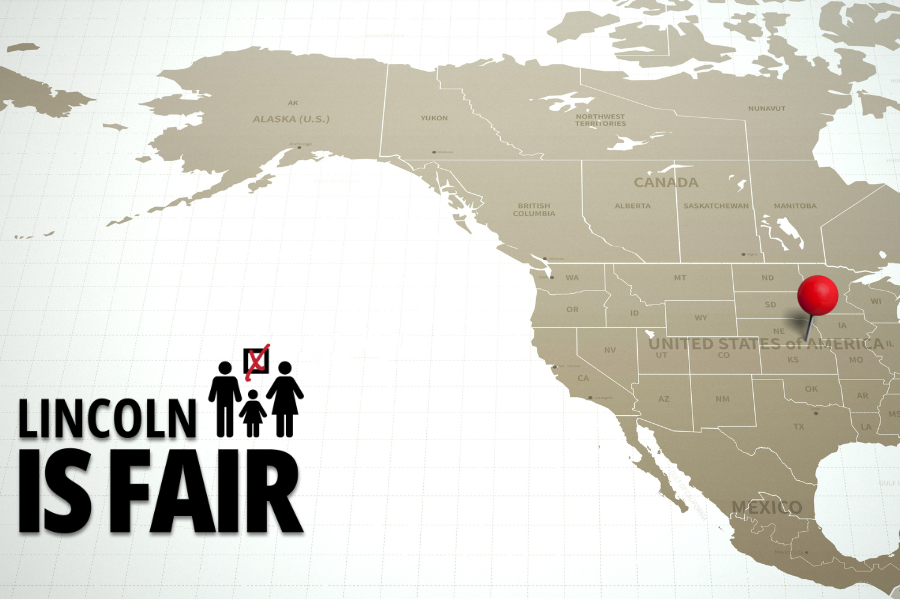by Msgr. Timothy Thorburn | March 8, 2021
“Blessed are those who die in the Lord…” Revelation 14:13
If you read obituaries these days it is becoming more common to see that services for the deceased are changing. Many times there is no funeral at all, but instead, what is called a “Celebration of Life” is held at the funeral home, a park or even a bar. People are not supposed to be sad at a Celebration of Life. They are supposed to celebrate the happy times and to think good thoughts about the deceased.
I am all for Celebrations of Life. I think having such events is a very good idea. But a Celebration of Life should take place when you are alive, and there should be many.
Spouses should celebrate life, like surprising each other perhaps with a favorite meal, flowers or deciding really to celebrate life by having another child.
Children can celebrate life by devising and performing a play or a program for their parents. Friends can celebrate life by calling or helping a friend in need or surprising them with a birthday party. We celebrate life eternal by celebrating Sacraments like baptisms, confirmations, weddings or ordinations. The possibilities are endless.
Death is not a celebration of life. Someone’s death should wake us up. Death, when it takes one we loved, will make us sad, and if we try to cover that sadness with fake happiness we can be sure that with quiet moments will come depression and grief that is deprived of hope.
But death is not a celebration of life. Someone’s death should wake us up. Death, when it takes one we loved, will make us sad, and if we try to cover that sadness with fake happiness we can be sure that with quiet moments will come depression and grief that is deprived of hope (1 Thes. 4:13).
A funeral, a Requiem Mass for all the dead, indeed the whole month of November are times the Church provides for us that we might face death squarely, pray for the dead and soberly consider our own death.
 Recently, a Solemn Requiem Mass was celebrated at the Carmel of Jesus Mary and Joseph near Agnew. In the Extraordinary Form of the Roman Rite, a Mass for all the deceased often features an empty coffin that is draped with a black pall, as at a funeral. This draped casket is called a “catafalque.” The catafalque gives each of us the opportunity to meditate on our own funeral. It was especially a reminder for me, because it is my casket under that black pall that was used for the Mass.
Recently, a Solemn Requiem Mass was celebrated at the Carmel of Jesus Mary and Joseph near Agnew. In the Extraordinary Form of the Roman Rite, a Mass for all the deceased often features an empty coffin that is draped with a black pall, as at a funeral. This draped casket is called a “catafalque.” The catafalque gives each of us the opportunity to meditate on our own funeral. It was especially a reminder for me, because it is my casket under that black pall that was used for the Mass.
For the faithful, death should not be a cause for fear, but it should make us determined, as Saint John said in the Book of Revelation, to “…die in the Lord.” It should motivate us to seek, accept and act on the graces God so generously offers us to make the changes in our lives so that we will “die in the Lord.”
And we must pray, not just for ourselves but for others who have died, especially our family members and friends. We must not forget that we have a responsibility to pray for those who have died, being very careful not to judge them. We do not despair for those who have died who may have led very bad lives or even those who have taken their own lives.
There is the mystery of time, eternity and God’s mercy. For God, there is no past or future, there is only now. This means that we can pray for someone today who may have died many years ago. Our prayers today, will help them then, as their moment of death approaches. God’s goodness and mercy is indeed timeless!
God loves every soul he has created and wants each soul to be saved. Let us live as if we want to be saved and let our sadness at a loved one’s death move us to pray for them that God’s desire for their salvation, and ours, may be fulfilled.
“Blessed are those who die in the Lord.”
Msgr. Timothy Thorburn is pastor of Sacred Heart Parish in Lincoln and diocesan Director of Cemeteries and Calvary Cemetery in Lincoln
Featured Image from Peakpx; Requiem Mass photo by Gonzague Bridault




